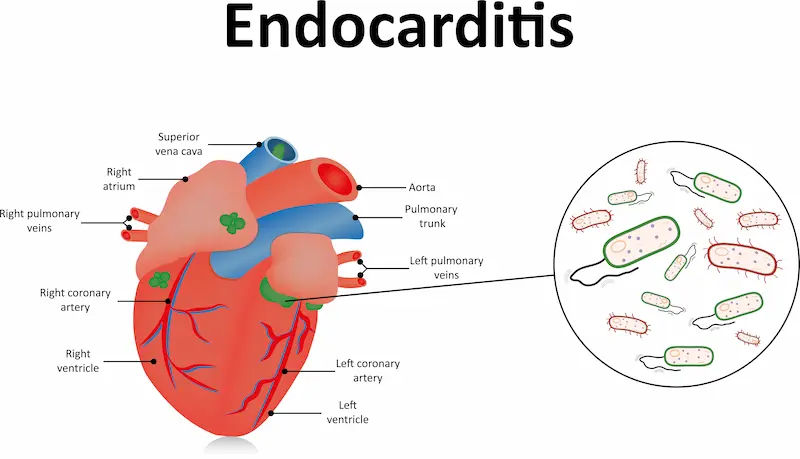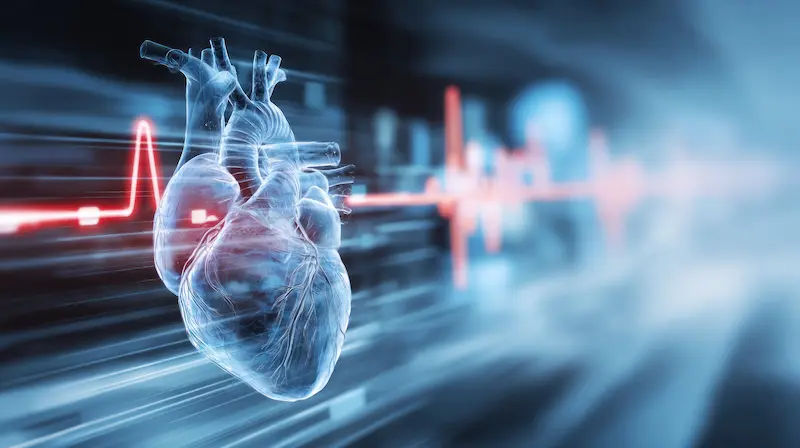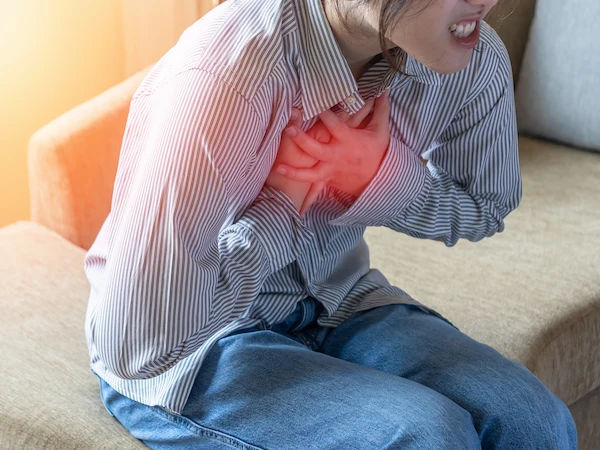- male
- 35 Years
- 20/02/2025
I'm experiencing shortness of breath when I run, and my ECG and Echo reports both came back normal. I'm trying to figure out what's going on. Should I consider getting a CT angiography? Oh, and I've noticed my Echo report lists an ejection fraction of 60, but the stroke volume and EDV fields are blankhow was the EF calculated? I've attached the report too.
Answered by 1 Apollo Doctors
Shortness of breath during exercise despite normal ECG and Echo reports could be due to other factors such as asthma, anemia, or even deconditioning. Since your Echo report shows a normal ejection fraction of 60%, the calculation is typically done using the formula EF = (SVEDV) x 100. However, since the SV and EDV values are missing in your report, it may be challenging to accurately calculate the EF. Considering your symptoms and the inconclusive nature of the Echo report, it may be advisable to consult with a cardiologist to determine the need for further testing such as a CT angiography to rule out any coronary artery disease.
Dr. Dhankecha Suggests...
Consult a Cardiologist
Answered 04/07/2025
0
0

More Cardiology Health Queries
View allI've been taking Ciplar LA 40, but I'm using half, so it's like Ciplar LA 20 for my blood pressure. Sometimes my BP goes up to around 130140, and I'm only 23. Could you share some advice or steps I could take to help keep it under control?
don worry its still in the normal range sbp-100 to 140 mmhg Dbp-60 to 90 mmhg
Answered by 1 Apollo Doctors
I'm really worried about this whole grade I LV diastolic dysfunction thing and what's even more concerning is this trace AR I've got. I keep wondering if these conditions can actually get better over time? And what are the things that might make them worse? Would love some advice.
grade 1 diastolic dysfunction normal..salt restricted diet ,dash diet and regular aerobic exercises is advised to the patient.
Answered by 1 Apollo Doctors
I'm 35 and I've been having this pain in the middle of my chest since last evening. It feels like it's right in my chest cage and it gets worse when I move around. I'm not having any trouble breathing, which is a bit of a relief. Before this, I had some lower back pain, but that kind of went away on its own. And just last week, I had a stomach infection and took antibiotics like augmentin and medications like pantoprazole and meftal Combiflam based on the symptoms. Can you help me figure out what's going on and suggest a treatment? I'm a bit concerned about this chest pain.
take tablet zerodol
Answered by 1 Apollo Doctors
Disclaimer: Answers on Apollo 247 are not intended to replace your doctor advice. Always seek help of a professional doctor in case of an medical emergency or ailment.




